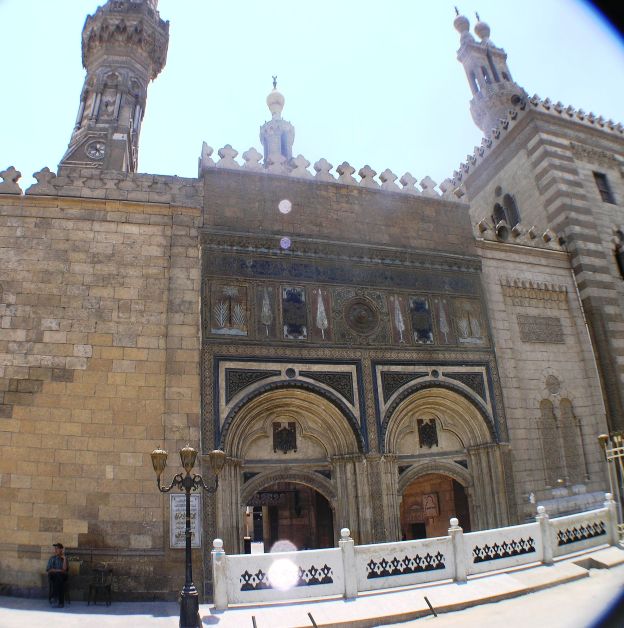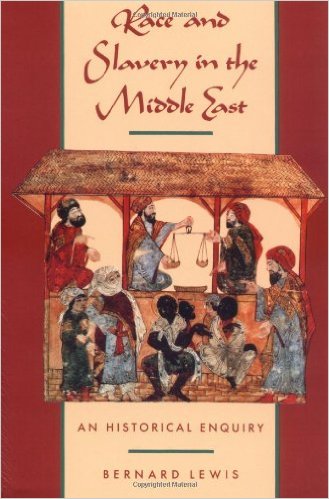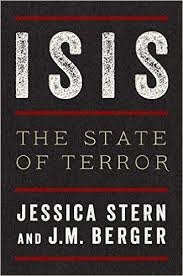Above Image: A crowd of Black Muslims applaud during Elijah Muhammad’s annual Saviors’ Day message in Chicago in 1974.
——————–
In respond to my recently posting a story on Facebook about an ISIS supporter in Phoenix (apparently an African-American male who had converted to Islam) who was searching for a midnight mass he could attack over Christmas, a friend asked me the following question.
“Is there a concern that black Americans, who feel marginalized in society, will be a segment of the population ISIS may try to manipulate and recruit? The Nation of Islam is still very active in the US, estimates of around 20,000 or more followers. And while I can distinguish between the Nation and ISIS, I am concerned that in our current political and social climate more African American males will be led to believe they are not valued in Western society. We have the case you have posted here, I think there was a potential plot in Miami a few months ago. I just worry if we do not address the appeal of ISIS to a disenfranchised group of vulnerable Americans, we may see more and more cases of this.”
There are many issues to consider here and I admit plainly that I am no expert on the Nation of Islam, how it indoctrinates its adherents, and the impact of black militancy or black nationalism ideology in the production of terrorists. As a result, let me address some of these points in more general terms and then tentatively theorize a bit about the details.







